A huge misconception many people have is that volunteering abroad is only for the young.
And while it is true that our volunteer programs attract many people in the earlier phases of life - for example, people taking a gap year or considering a career in conservation - there is another group of people who are a staple of our volunteer projects, that contribute so much and always cherish their experience in the bush: our ‘senior’ or retiree volunteers.
Volunteering with wildlife is not just for the young - but also the young at heart. Our South African volunteer programs accept volunteers up to the age of 70 (though there is some flexibility provided that the applicant is in good health).
Why Volunteer as a Retiree?
.jpg)
Retirement offers the perfect window for meaningful travel. With fewer time constraints, retirees often stay longer on our projects, which allows them to form deeper connections with the work and environment they're in.
Volunteering after retiring offers a range of personal benefits, such as boosting health, happiness, and sense of purpose.
One of the major benefits is social connection. Our programs cater for groups of up to six volunteers, and these groupings are put together personally by our Reservations Manager.
We’ve often found that grouping people by age bracket has the most successful outcome in terms of group cohesion, but interests can also play a role, so be sure to tell us all about yourself when you apply.
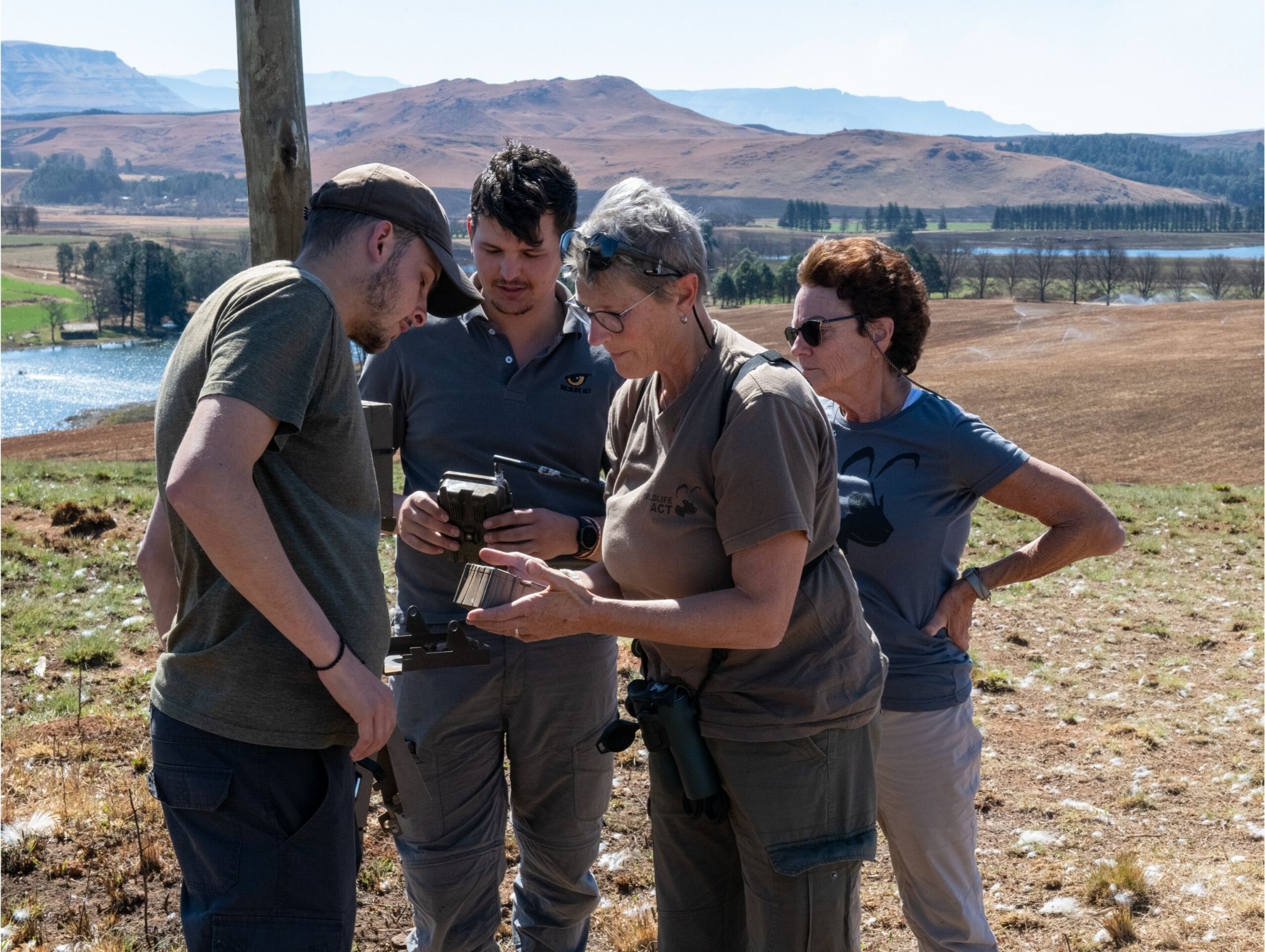
Meeting people from all over the world is always enriching, and spending so much time together usually results in quite a strong group bond or dynamic being formed. We find that groups often stay in touch long after the volunteer experience ends. And many of our older volunteers return to our programs - some every year or two.
Learning never stops, especially in the wild. At Wildlife ACT's Zululand monitoring projects, you’ll gain practical training in using radio telemetry and tracking collars as you help monitor endangered species. The feeling of successfully tracking down a Cheetah or African Wild Dog is an unforgettable rush!
Why Older Volunteers Are So Valued
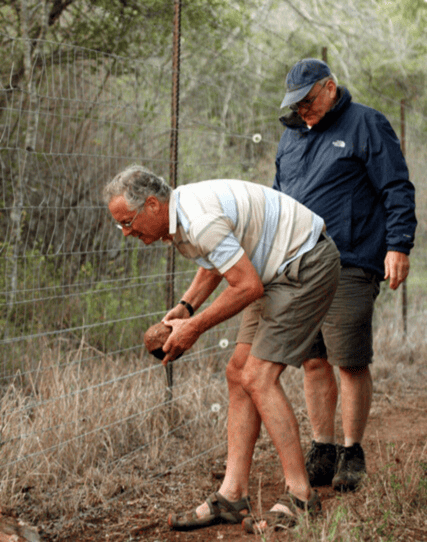
While no prior qualifications, skills, or experience is required for our programs, what we find is that older volunteers often bring a wealth of experience with them.
Whether its expertise in number crunching or administrative skills, repairing and maintenance skills, or hard-won problem solving abilities, our older volunteers often come with specialised knowledge that proves useful at our monitoring projects.
Aside from any knowledge they may bring, older volunteers tend to be very adaptable and enthusiastic participants. They often enjoy getting to know everyone in their group, and are willing to lend a hand where they can - whether it’s through cooking delicious meals, carrying out simple repairs or maintenance at the camp, or jotting down field notes for our busy Priority Species Monitors.
Which Program to Choose as a Retiree
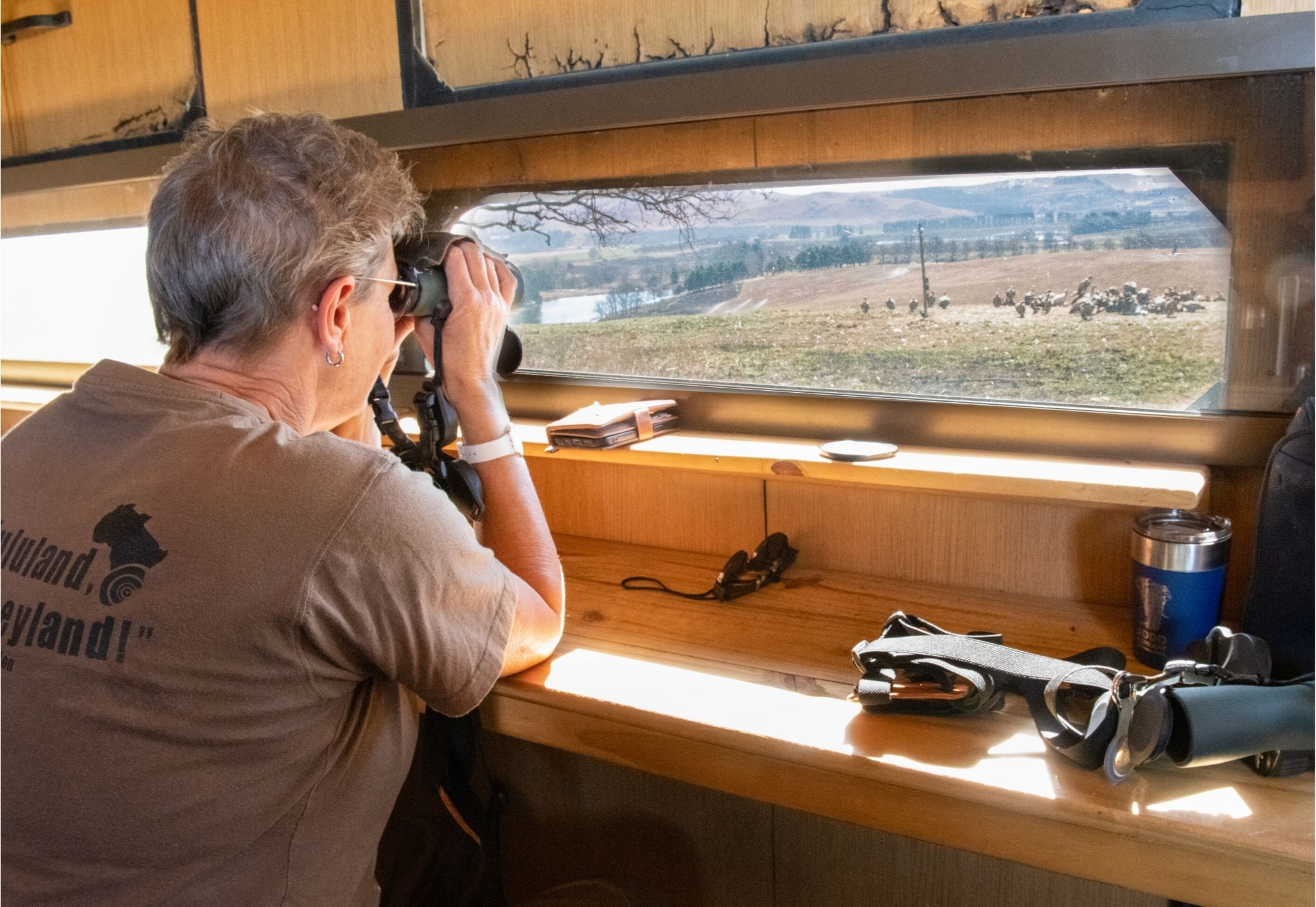
While more active retirees might enjoy the extended hiking and physical activities involved in our Southern Drakensberg Conservation Project in South Africa, or the even more physically demanding Marine Conservation Project in the Seychelles (these both have an age cap of approximately 65, depending on fitness levels), for most retirees, Endangered Species Conservation in Zululand, South Africa is the ideal choice.
The physical demands of our Zululand program are low as a lot of the time is spent on the back of a vehicle, observing, tracking, and documenting wildlife. The only physical requirement is that you are able to climb on and off of a high clearance vehicle, making this program accessible without compromising on the excitement of fieldwork.
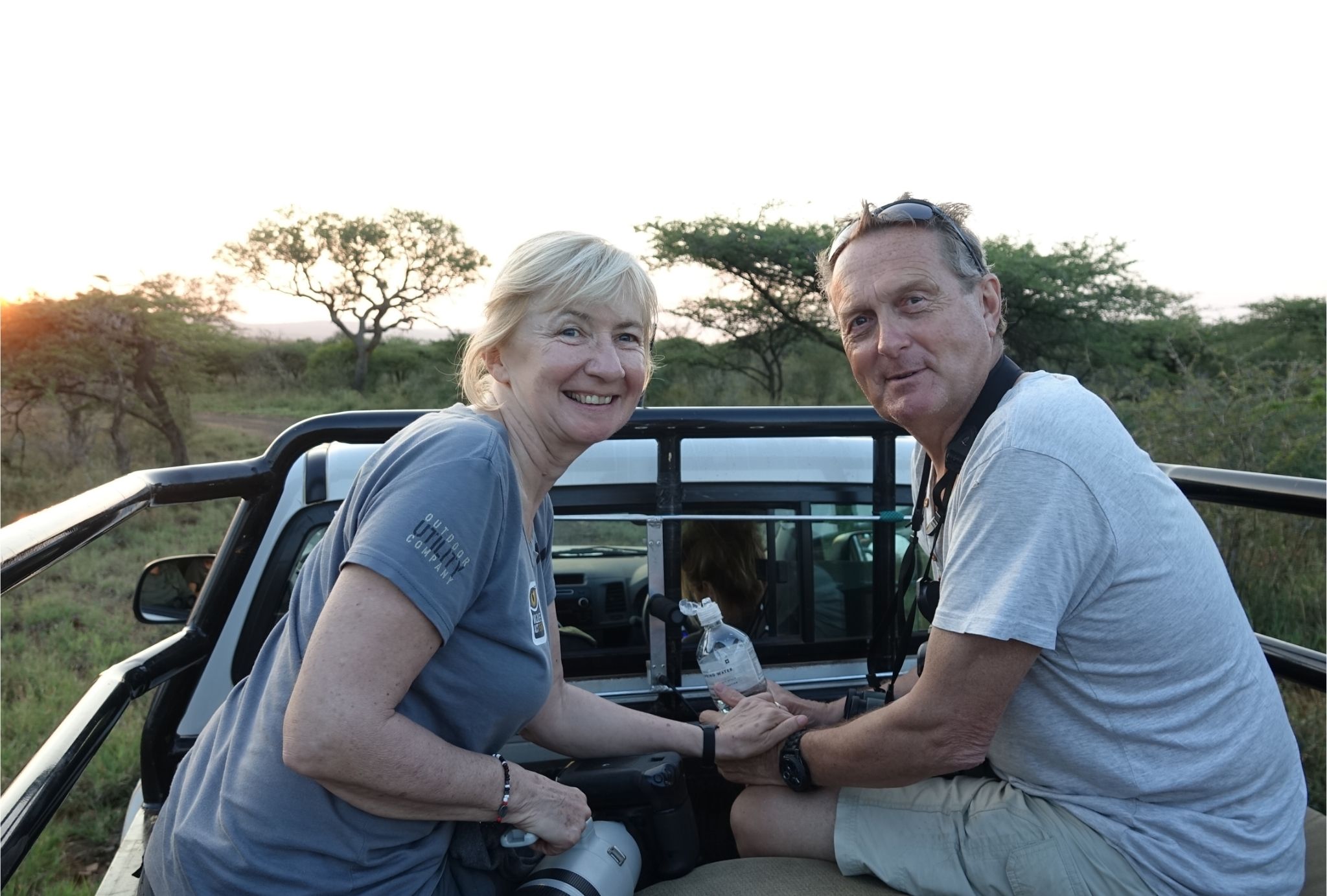
Visiting South Africa and experiencing its natural wonders is a bucket-list item for so many, and your age does not exclude you from that.
Seeing species such as Lions, Rhinos, Elephants, and African Wild Dogs in the wild is an incomparable experience. By joining us as a volunteer, you're playing a part in protecting endangered species and ensuring the survival of essential ecosystems.
What Your Daily Schedule Looks Like
Morning monitoring sessions can start anywhere from 3:30 to 4:30am and typically run from five to seven hours. You will come back to the camp for the afternoon, where you can relax, socialise, or take a rejuvenating nap.
Evening monitoring sessions typically start around 3pm and you’ll be back at camp by around 6pm or 7pm, where you can enjoy a hearty dinner, take a shower, and head to bed.
Days in the field can be long and, at times, challenging, but many of our older volunteers keep up just fine. Our camps are fairly rustic and basic, but this is all part of the bush experience!
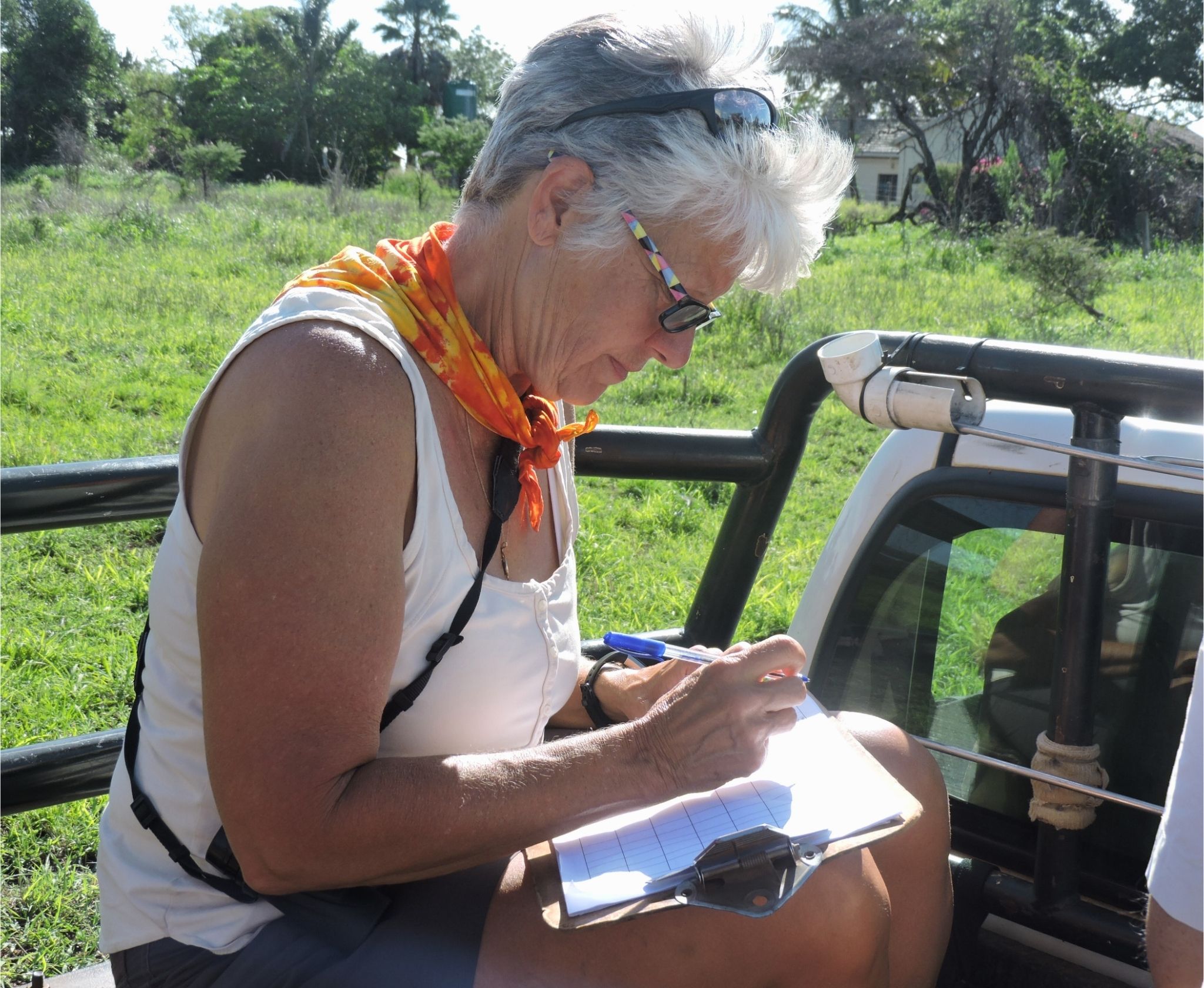
Join us in Zululand
Retirement is the perfect time to explore new horizons and give back in a meaningful way. By joining our Zululand program, retirees can combine a passion for wildlife with purposeful travel, all while forming lasting friendships and making a real contribution to conservation.
Volunteering with Wildlife ACT in South Africa is about becoming a part of something bigger, leaving a legacy of impact long after your trip ends.
Ready to start your journey? Apply here.
Need some more convincing? Read a firsthand account from senior volunteer Annette O’Connell.


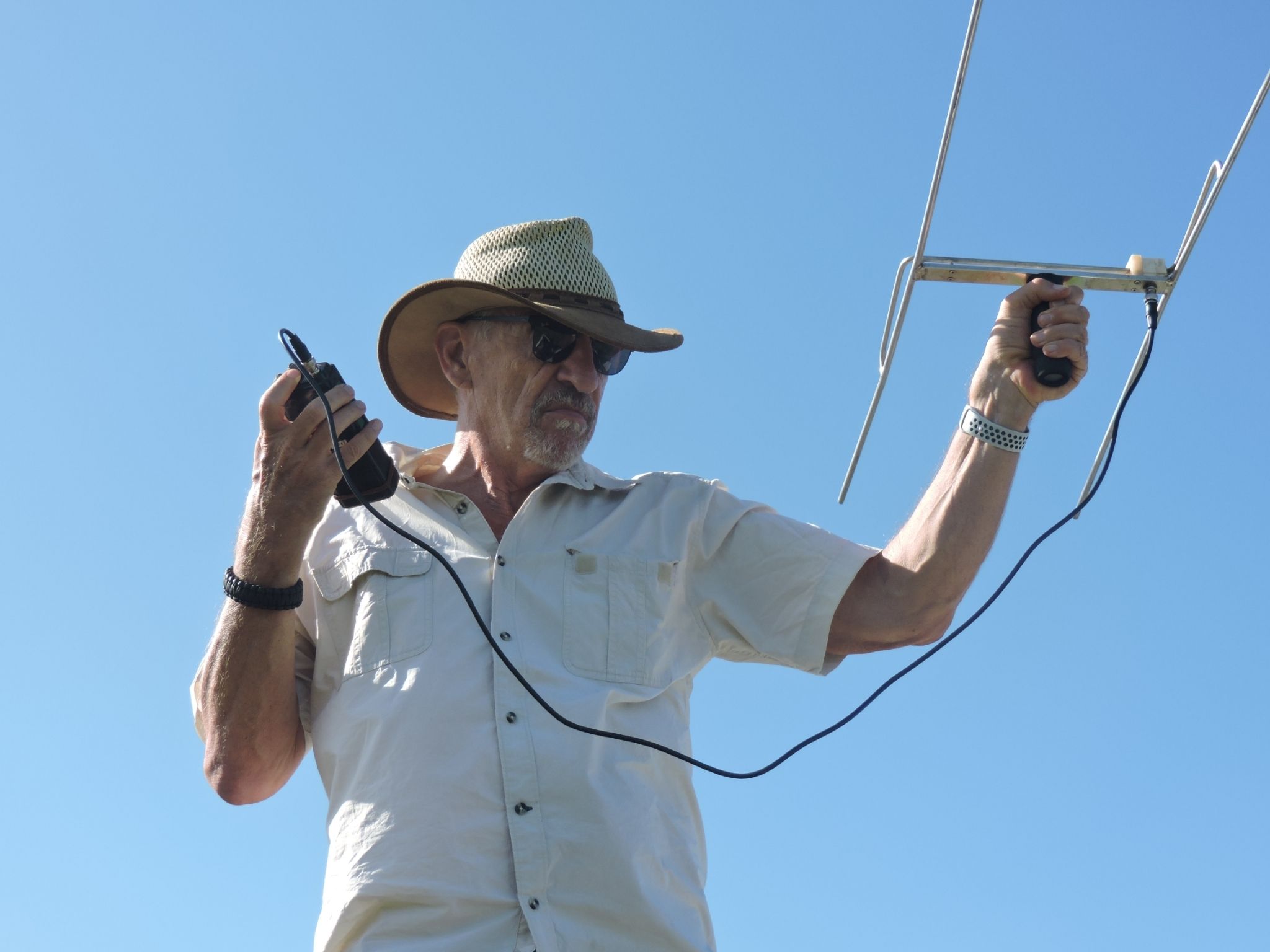
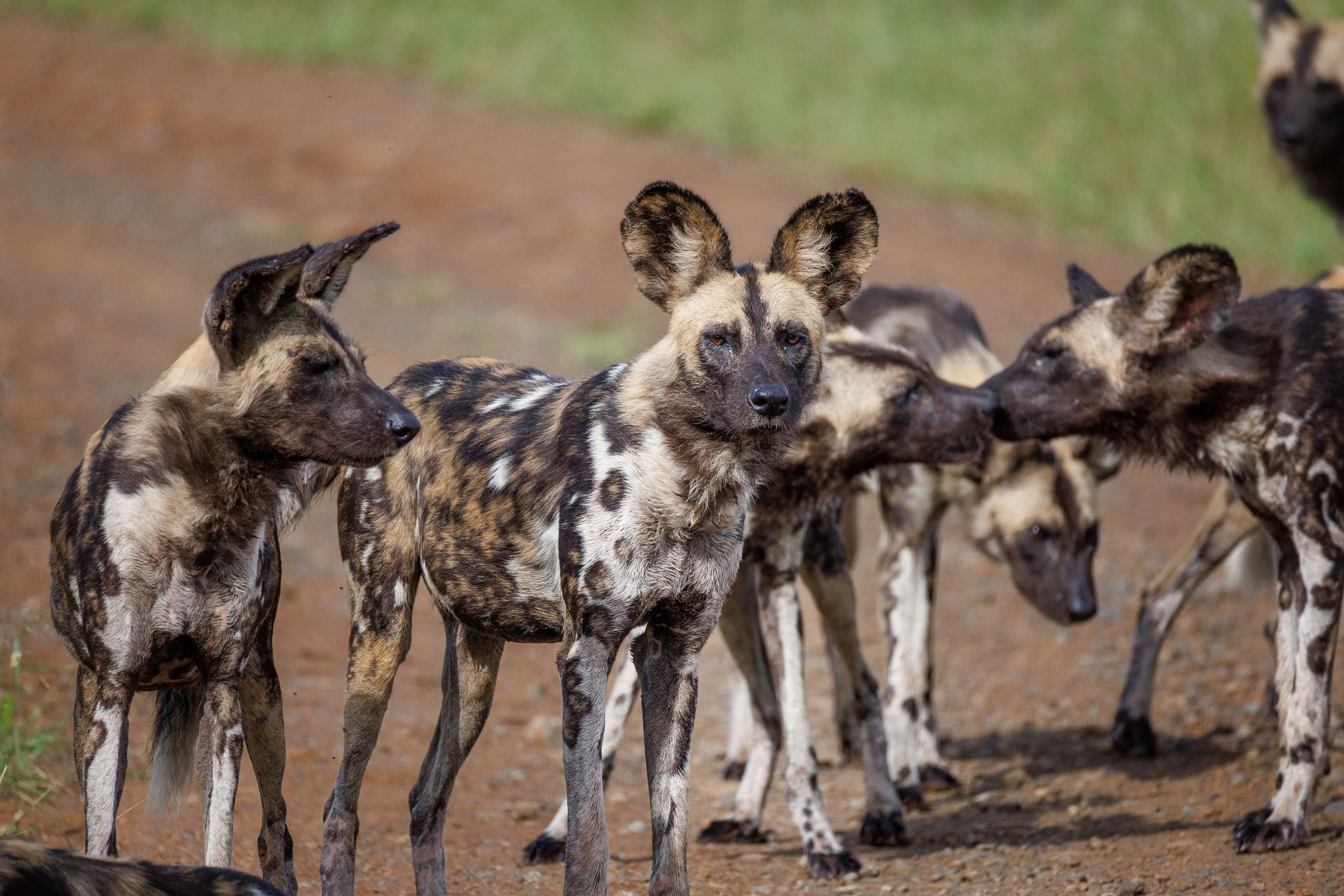
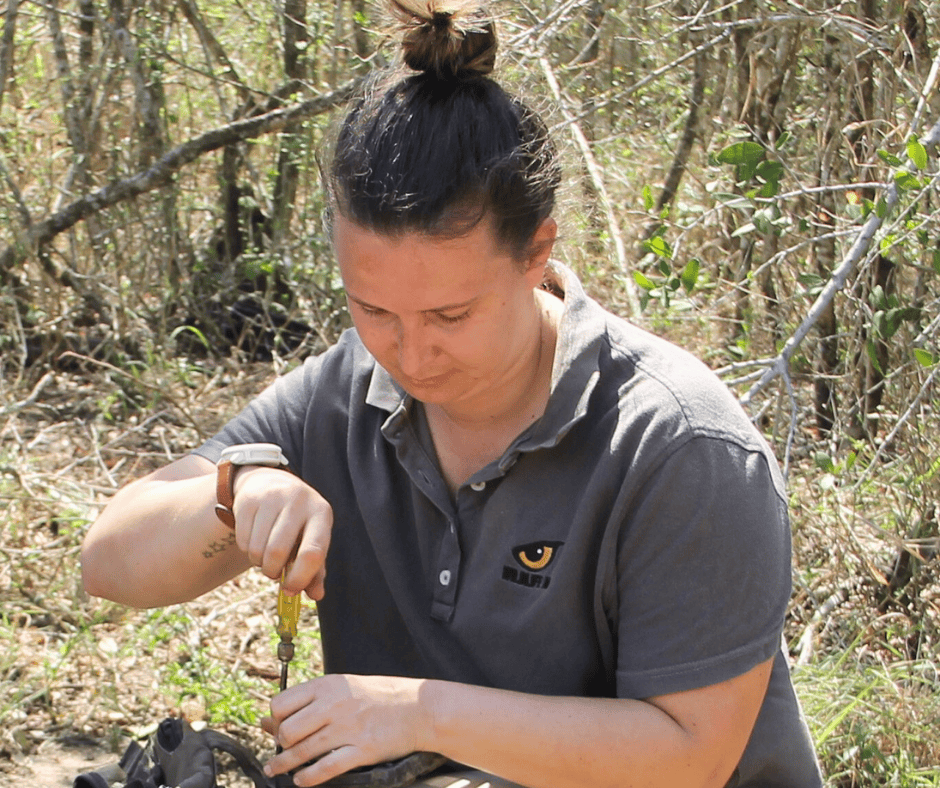
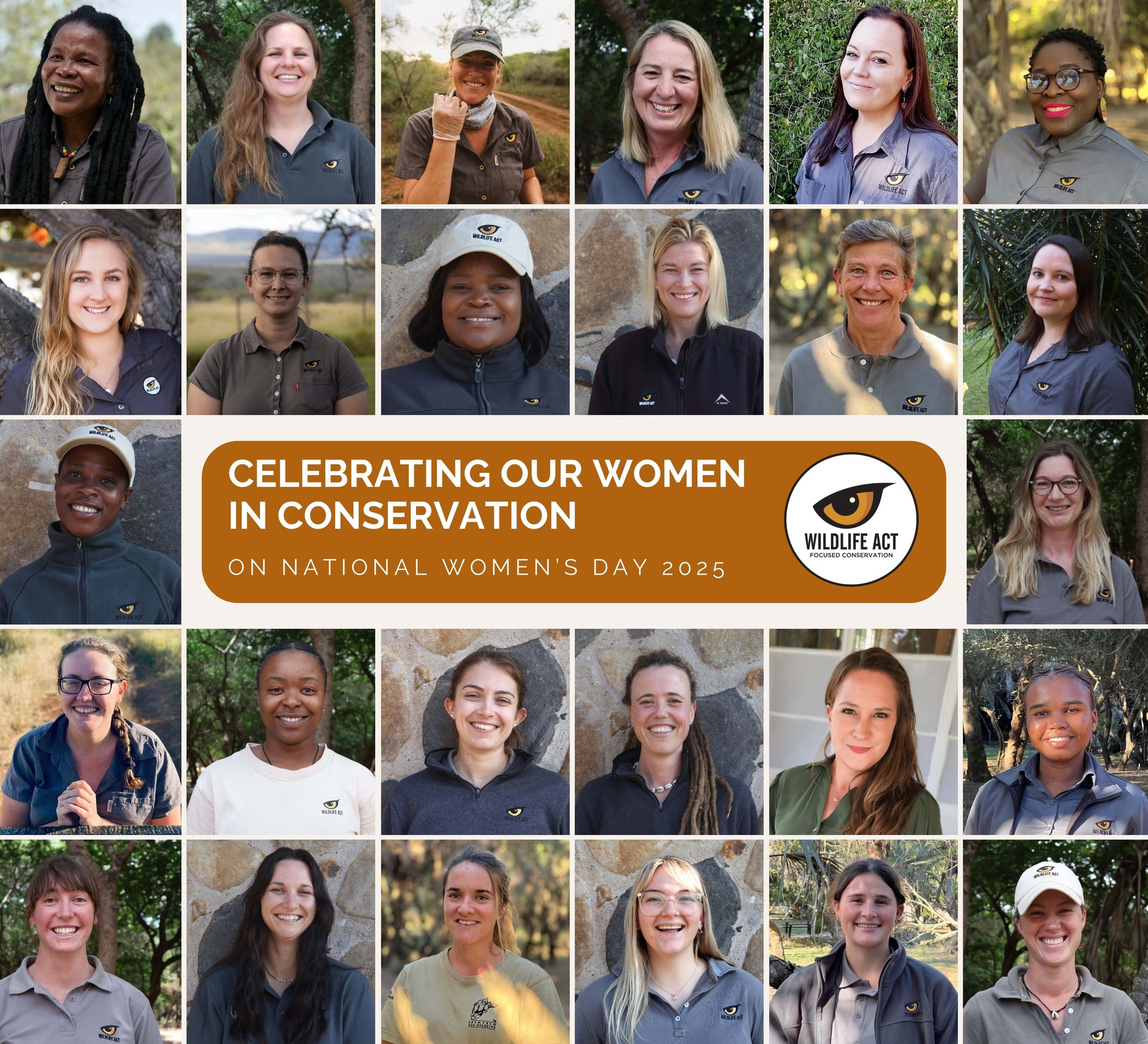
.png)


.avif)
